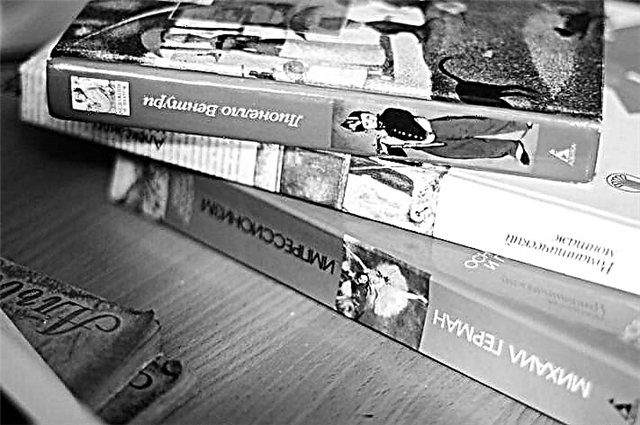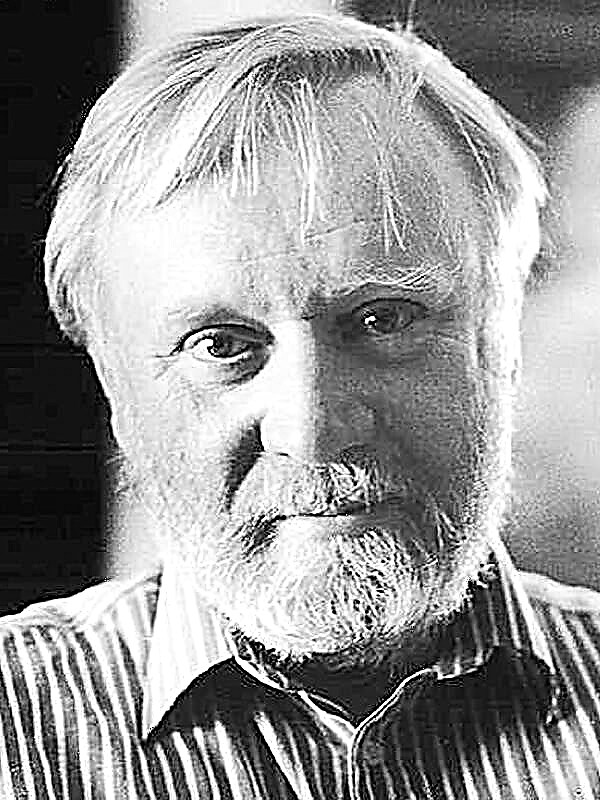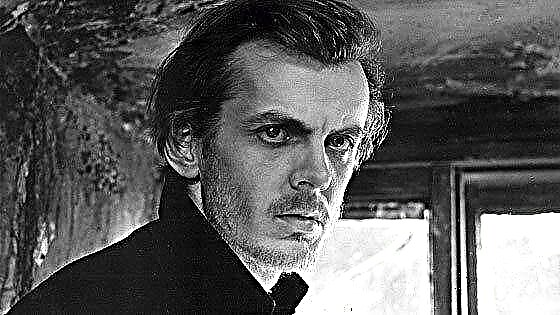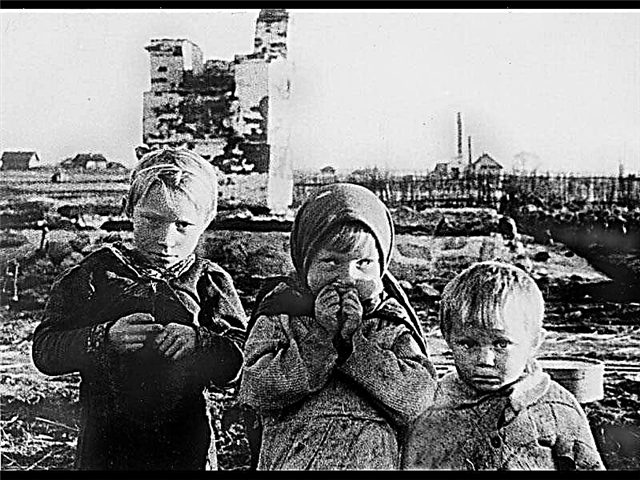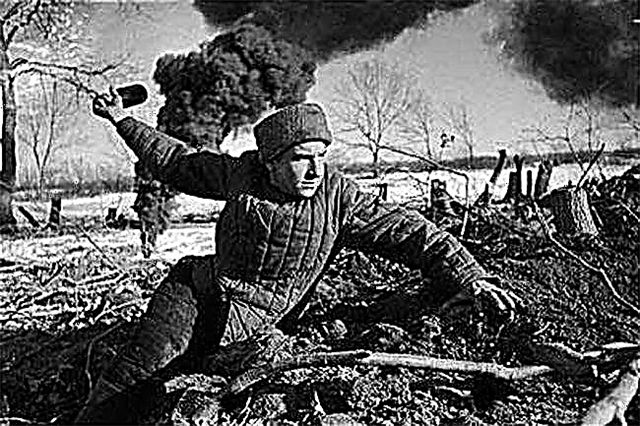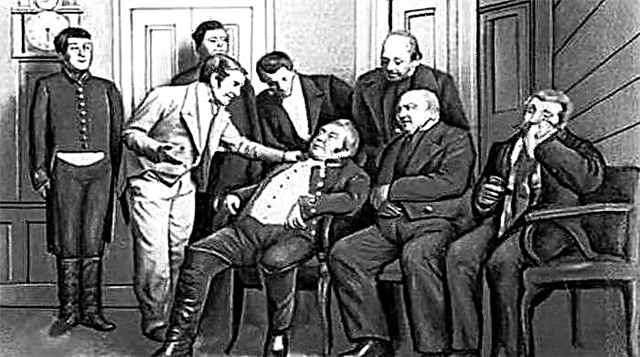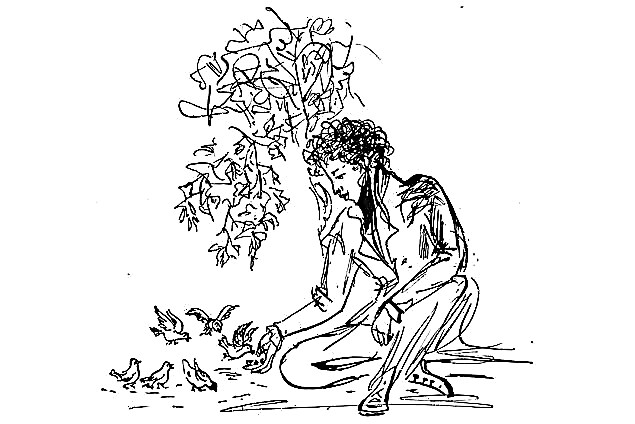Everyone knows that man and nature are inextricably linked with each other, and we observe it every day. This is a breath of wind, and sunsets and sunrises, and the ripening of buds on trees. Under its influence, society developed, personalities developed, art was formed. But we also have a reciprocal effect on the outside world, but most often negative. The environmental problem has been, is and will always be relevant. So, many writers touched on her in their works. This collection lists the brightest and most powerful arguments from world literature that touch upon the issues of the mutual influence of nature and man. They are available for download in table format (link at the end of the article).
Consumer attitude to nature
- Astafiev Viktor Petrovich, “Tsar-fish”. This is one of the most famous works of the great Soviet writer Viktor Astafiev. The main theme of the story is the unity and opposition of man and nature. The writer indicates that each of us has a responsibility for what he has done and what is happening in the world around us, no matter good or bad. The work also touches on the problem of large-scale poaching, when a hunter, not paying attention to prohibitions, kills and thereby erases whole species of animals from the face of the earth. So, having pushed his hero Ignatich and mother nature in the person of Tsar Fish, the author shows that the destruction of our environment by our own hands threatens the death of our civilization.
- Turgenev Ivan Sergeevich, “Fathers and Sons”. A neglect of nature is also considered in the novel by Ivan Sergeyevich Turgenev, “Fathers and Sons”. Yevgeny Bazarov, a notorious nihilist, states bluntly: “Nature is not a temple, but a workshop, and a person is a worker in it.” He does not enjoy the environment, does not find anything mysterious and beautiful in it, every manifestation of it is nothing for him. According to him, "nature should be beneficial, this is its purpose." He believes that it is necessary to take what she gives - this is the unshakable right of each of us. As an example, we can recall the episode when Bazarov, being in a bad mood, went into the forest and broke branches and everything else that came in his way. Neglecting the world around him, the hero fell into the trap of his own ignorance. As a physician, he did not make great discoveries, nature did not give him the keys to his secret castles. He died from his own indiscretion, becoming a victim of a disease, a vaccine from which he never invented.
- Vasiliev Boris Lvovich, “Do not shoot at white swans”. In his work, the author urges people to be more careful with nature, contrasting two brothers. The forest ranger of the reserve by the name of Buryanov, despite his responsible work, perceives the world around him only as a resource of consumption. With ease and without a twinge of conscience, he chopped down trees in the reserve in order to build a house for himself, and his son Vova was completely ready to torture the puppy he found to death. Fortunately, Vasiliev contrasts him with Yegor Polushkin, his cousin, who, with all the goodness of his soul, protects the natural habitat, and it's good that there are still people who care about nature and strive to preserve it.
Humanism and love for the world
- Ernest Hemingway, “The Old Man and the Sea”. In his philosophical novel “The Old Man and the Sea”, which was based on a genuine event, the great American writer and journalist touched on many topics, one of which is the problem of the relationship between man and nature. The author in his work shows a fisherman who serves as an example of how to relate to the environment. The sea feeds the fishermen, but also voluntarily gives way only to those who understand the elements, its language and life. Santiago also understands the responsibility that the hunter bears on the halo of his habitat, feels guilty for extorting food by the sea. He is bothered by the idea that a person is killing his brothers in order to soak. So you can understand the main idea of the story: each of us must understand our inextricable connection with nature, feel guilty before it, and while we are responsible for it, guided by reason, the Earth tolerates our existence and is ready to share our wealth.
- Nosov Evgeny Ivanovich, “Thirty Grains”. Another work confirming that a humane attitude to other living beings and nature is one of the main virtues of people is the book “Thirty Grains” by Evgeny Nosov. It shows the harmony between man and animal, a little titmouse. The author clearly demonstrates that all living beings are brothers by birth, and we need to live in friendship. The titmouse was at first afraid to make contact, but realized that in front of it was not the one who would catch the ban in the cage, but the one who would protect and help.
- Nekrasov Nikolai Alekseevich, “Grandfather Mazay and the Hares”. This poem is familiar to everyone since childhood. It teaches us to help our younger brothers, takes care of nature. The main character, Grandfather Mazay, is a hunter, which means that hares should be for him, first of all, prey, food, but his love for the place where he lives is higher than the opportunity to get a light trophy. He not only saves them, but also warns not to come across him during the hunt. Isn't this a high sense of love for mother nature?
- Antoine de Saint-Exupery, “The Little Prince”. The main idea of the work is the voice of the protagonist: "I got up, washed, put myself in order and immediately tidy your planet." A man is not a king, not a king, and he cannot control nature, but can take care of it, help, follow its laws. If every inhabitant of our planet followed these rules, then our Earth would be in complete safety. It follows from this that we need to take care of her, treat her more carefully, because all living things have a soul. We tamed the Earth and should be responsible for it.
Environmental issue
- Rasputin Valentine “Farewell to Mater”. The strong influence of man on nature was shown in his novel “Farewell to Mater” Valentin Rasputin. On Mater, people lived in harmony with the environment, cherished the island and stored it, but the authorities needed to build a hydroelectric power station, and decided to flood the island. So, a whole animal world went under the water, which no one took care of, only the inhabitants of the island felt guilty for the “betrayal” of their native land. So humanity destroys entire ecosystems due to the fact that it needs electricity and other resources necessary for modern life. It treats its conditions with awe and reverence, but completely forgets that whole species of plants and animals die and are destroyed forever due to the fact that someone needed more comfort. Today, this area has ceased to be an industrial center, factories do not work, and endangered villages do not need so much energy. So those victims were completely in vain.
- Aitmatov Genghis, “Chopping Block”. Destroying the environment, we destroy our own life, our past, present and future - such a problem arises in Chingiz Aitmatov’s novel “Scaffold”, where the family of wolves, which is doomed to death, is the embodiment of nature. The harmony of life in the forest was broken by a man who came and destroys everything in his path. People hunted saigas, and the reason for this barbarism was the fact that there was a difficulty with the meat-delivery plan. Thus, the hunter thoughtlessly destroys the ecology, forgetting that he himself is part of the system, and this, in the end, will affect him.
- Astafyev Victor, "Lyudochka". This work describes the consequence of the authorities' disregard for the ecology of the whole region. People in a polluted, smelling of waste city are brutalized and rush at each other. They have lost their naturalness, harmony in the soul, now they are ruled by conventions and primitive instincts. The main character becomes a victim of gang rape on the banks of the slop river, where rotten waters flow - the same rotten ones as the customs of the townspeople. Nobody helped or even sympathized with Lyuda, this indifference brought the girl to suicide. She hanged herself on a bare crooked tree, which also perishes from indifference. The poisoned, hopeless atmosphere of dirt and toxic fumes is reflected in those who made it so.

